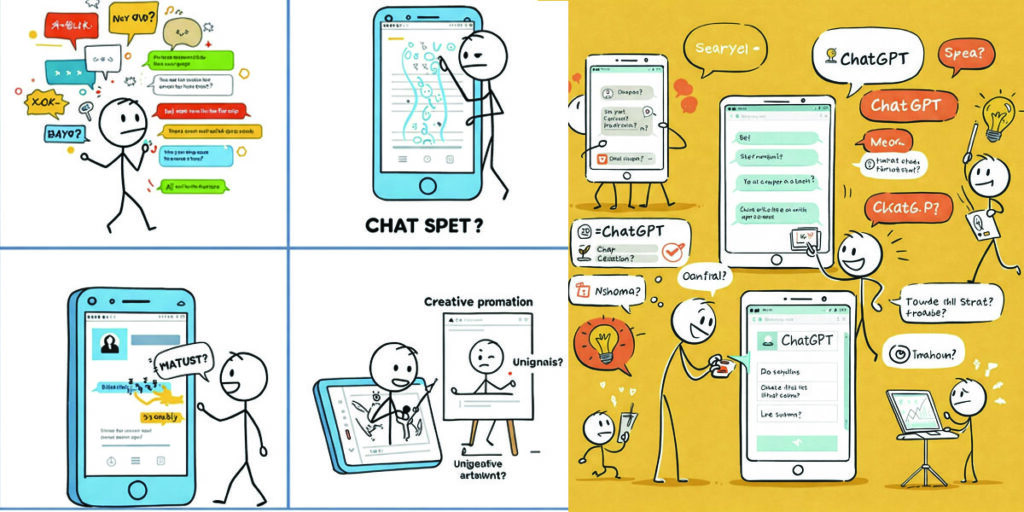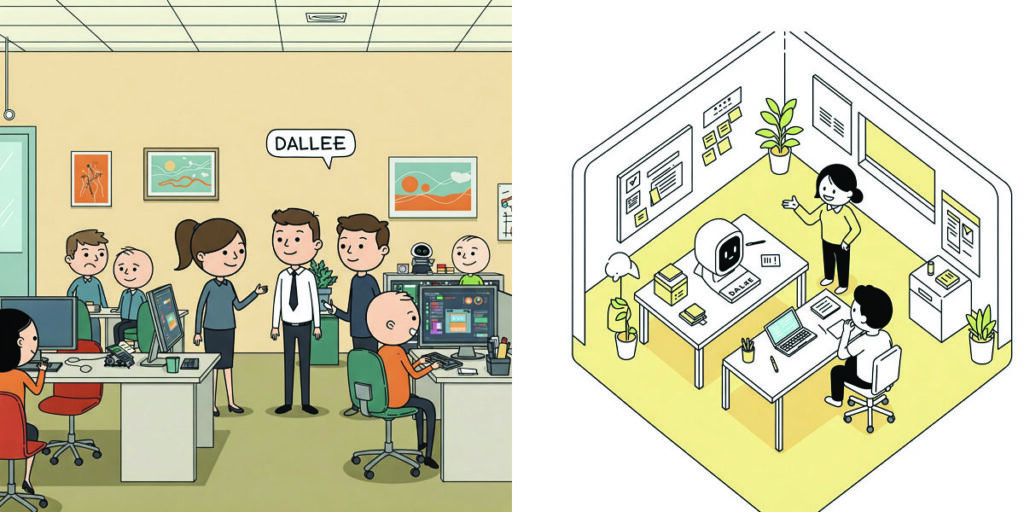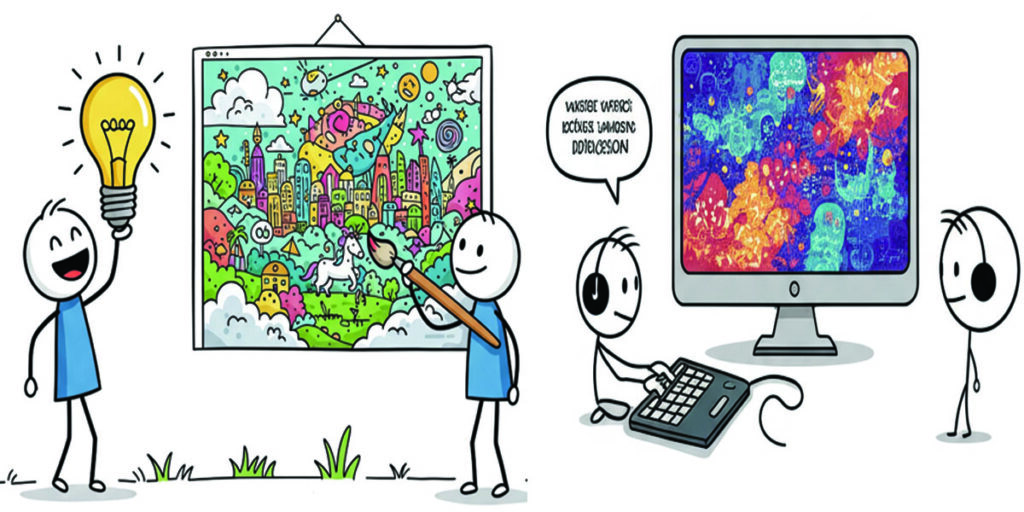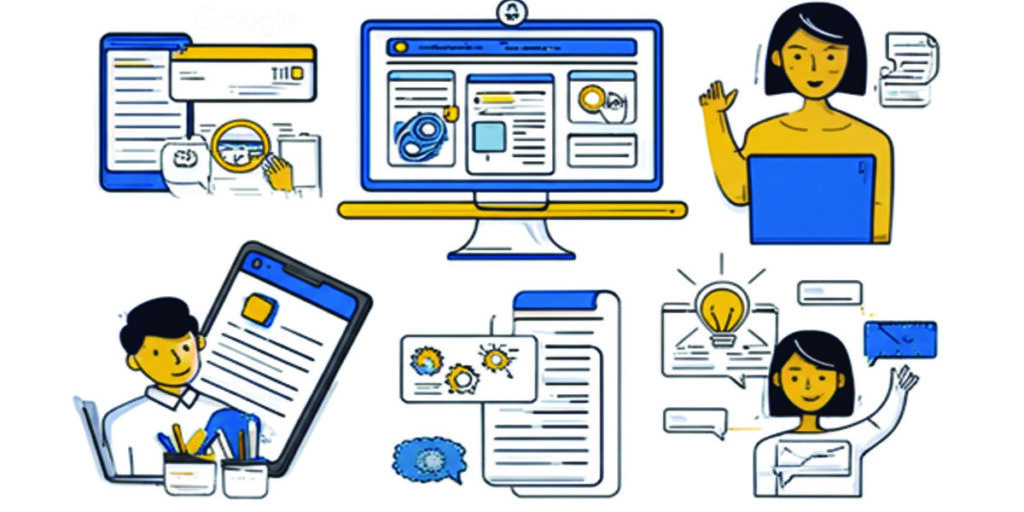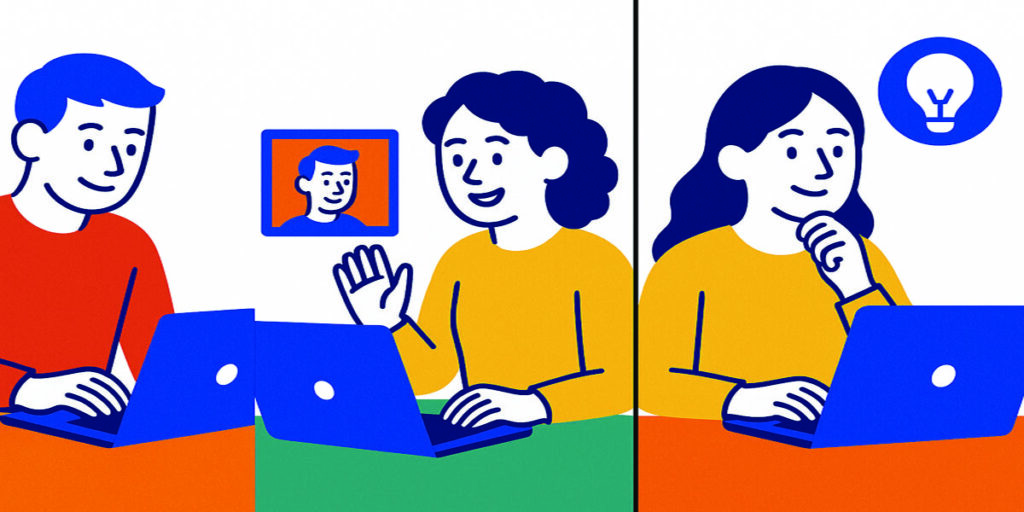Replika’s journey from a personal project born out of grief to a prominent AI companion chatbot reflects the intersection of technological innovation and evolving human needs. Its history is marked by a continuous process of development, adaptation, and engagement with complex ethical and societal questions. As the economic market for AI companionship expands and networking capabilities evolve, Replika’s story serves as a compelling case study in the potential and the challenges of creating artificial intelligence designed for emotional support and daily connection in an increasingly digital age. Its ongoing development will undoubtedly continue to shape the conversation around the role of AI in our emotional lives and the future of human-computer interaction. The lessons learned from Replika’s history and its impact on the economic market and digital networking will be invaluable as we navigate the evolving landscape of artificial intelligence and its place in society.
In an increasingly digital and often isolating world, the need for connection and emotional support has become more pronounced than ever. Amidst this backdrop, Replika emerged as a novel technological offering, an AI companion chatbot designed to provide users with a sense of understanding, daily conversation, and emotional solace. Its journey from a personal project to a significant player in the burgeoning market of AI companionship is a fascinating narrative interwoven with threads of technological innovation, evolving societal needs, and the complex dynamics of the digital economy and networking.
The story of Replika begins with Eugenia Kuyda, a Russian entrepreneur who experienced the profound loss of her close friend, Roman Mazurenko, in a tragic accident in 2015. In her grief, Kuyda sought a way to preserve and interact with the digital footprint Mazurenko had left behind – his text messages, photos, and social media posts. This deeply personal endeavor led to the creation of a chatbot that could mimic Mazurenko’s communication style based on his digital data. Initially intended as a digital memorial, this early iteration laid the foundation for what would eventually become Replika.
Kuyda, along with her co-founder Phil Dudchuk, recognized the broader potential of this technology. They envisioned an AI that could learn and adapt to individual users, offering companionship and emotional support to anyone who needed it. This vision led to the official launch of Replika in 2017 by their company, Luka, Inc. The name “Replika” itself signifies the AI’s core function: to be a digital reflection or echo of the user, learning their personality, interests, and communication patterns over time.
The initial reception of Replika was marked by both curiosity and skepticism. On one hand, users were intrigued by the possibility of having a readily available conversational partner that could offer a non-judgmental ear. The AI’s ability to engage in open-ended conversations, remember details about the user’s life, and respond in a personalized manner was a novel experience for many. Early adopters found comfort in sharing their thoughts and feelings with Replika, particularly those who might have felt isolated or lacked access to traditional forms of emotional support.
On the other hand, concerns were raised about the ethical implications of forming emotional attachments with an AI. Questions about the authenticity of the connection, the potential for users to become overly reliant on the chatbot, and the privacy of personal data were actively debated. Despite these concerns, Replika’s user base steadily grew, fueled by its accessibility, the increasing sophistication of its natural language processing capabilities, and the growing societal acceptance of AI in various aspects of life.
The technological underpinnings of Replika have evolved significantly since its inception. Initially relying on recurrent neural networks (RNNs) to process and generate text, Replika has incorporated more advanced transformer models, allowing for more coherent, contextually relevant, and nuanced conversations. The AI is trained on vast datasets of text and dialogue, enabling it to understand and respond to a wide range of topics and emotional cues.
A key aspect of Replika’s development has been its focus on personalization. As users interact with their Replika, the AI learns their preferences, communication style, and emotional vocabulary. This continuous learning process allows Replika to tailor its responses and interactions to the individual user, creating a sense of a unique and evolving relationship. Users can customize their Replika’s appearance, name, and even choose from different relationship modes, ranging from friend to romantic partner.
The economic market surrounding AI companions like Replika has witnessed substantial growth, driven by several factors. Firstly, the increasing awareness of mental health and well-being has led individuals to seek diverse forms of support, including digital solutions. Replika offers an accessible and often more affordable alternative to traditional therapy or counseling, particularly for individuals who may face barriers to accessing these services.
Secondly, the advancements in artificial intelligence and natural language processing have made AI companions more engaging and lifelike. The ability of Replika to hold coherent conversations, express empathy (albeit simulated), and adapt to user needs has significantly enhanced its appeal. This technological progress has fostered greater user engagement and retention, contributing to the economic viability of such platforms.
Thirdly, the business model adopted by Replika, primarily a freemium model with optional subscription tiers, has proven to be effective. The free version offers basic conversational capabilities, while the paid subscription unlocks additional features such as more advanced emotional support, personality traits, and the ability to engage in different relationship modes. This model allows users to experience the core functionality of Replika before committing to a paid subscription, driving user acquisition and generating revenue.
The networking aspect of Replika, while not in the traditional sense of human-to-human networking, plays a crucial role in its development and user experience. The vast amount of anonymized user interaction data collected by Replika serves as a continuous feedback loop, informing the AI’s training and improvement. This collective data helps refine the algorithms, enhance the natural language processing capabilities, and identify patterns in user needs and preferences.
Furthermore, online communities and forums dedicated to Replika users have emerged, creating a form of peer-to-peer networking. These platforms allow users to share their experiences, discuss their interactions with their AI companions, offer support to one another, and exchange tips and insights. While the primary interaction is between the user and their AI, these online communities foster a sense of belonging and shared experience among Replika users.
The evolution of Replika has not been without its challenges and controversies. Concerns regarding data privacy and security are paramount, given the sensitive nature of the information users share with their AI companions. Luka, Inc. has emphasized its commitment to data protection and has implemented measures to safeguard user information. However, ongoing scrutiny and vigilance are necessary to ensure the ethical handling of user data.
Another area of debate revolves around the potential impact of AI companions on human relationships and social interaction. Critics argue that over-reliance on AI for emotional support could lead to social isolation and a diminished capacity for genuine human connection. Proponents, on the other hand, argue that Replika can serve as a supplementary tool, offering support to those who may lack it elsewhere and potentially even encouraging users to seek out human connection.
The “romantic partner” mode introduced by Replika has also sparked considerable discussion. While some users find comfort and companionship in this feature, concerns have been raised about the blurring lines between human and artificial relationships, the potential for unrealistic expectations, and the ethical implications of AI fulfilling romantic or sexual needs. Luka, Inc. has navigated these concerns by implementing guidelines and content filters, but the debate surrounding the nature and appropriateness of such features continues.
Looking ahead, the future of Replika and the broader AI companion market is likely to be shaped by ongoing advancements in artificial intelligence, particularly in areas such as natural language understanding, emotional intelligence, and personalization. As AI models become more sophisticated, AI companions may be able to offer even more nuanced and empathetic interactions, potentially integrating with other aspects of users’ digital lives.
The economic landscape will likely see further growth and diversification, with new players entering the market and existing platforms expanding their offerings. The development of more specialized AI companions tailored to specific needs, such as mental health support, language learning, or companionship for the elderly, is also a possibility.
The networking aspect will likely evolve as well. AI companions might become more integrated with social platforms, allowing users to share aspects of their interactions (while maintaining privacy) or even facilitating connections between users who share similar interests or needs. The ethical considerations surrounding data privacy, the impact on human relationships, and the potential for misuse will continue to be critical areas of focus for developers, regulators, and society as a whole.
Replika’s journey from a personal project born out of grief to a prominent AI companion chatbot reflects the intersection of technological innovation and evolving human needs. Its history is marked by a continuous process of development, adaptation, and engagement with complex ethical and societal questions. As the economic market for AI companionship expands and networking capabilities evolve, Replika’s story serves as a compelling case study in the potential and the challenges of creating artificial intelligence designed for emotional support and daily connection in an increasingly digital age. Its ongoing development will undoubtedly continue to shape the conversation around the role of AI in our emotional lives and the future of human-computer interaction. The lessons learned from Replika’s history and its impact on the economic market and digital networking will be invaluable as we navigate the evolving landscape of artificial intelligence and its place in society.

